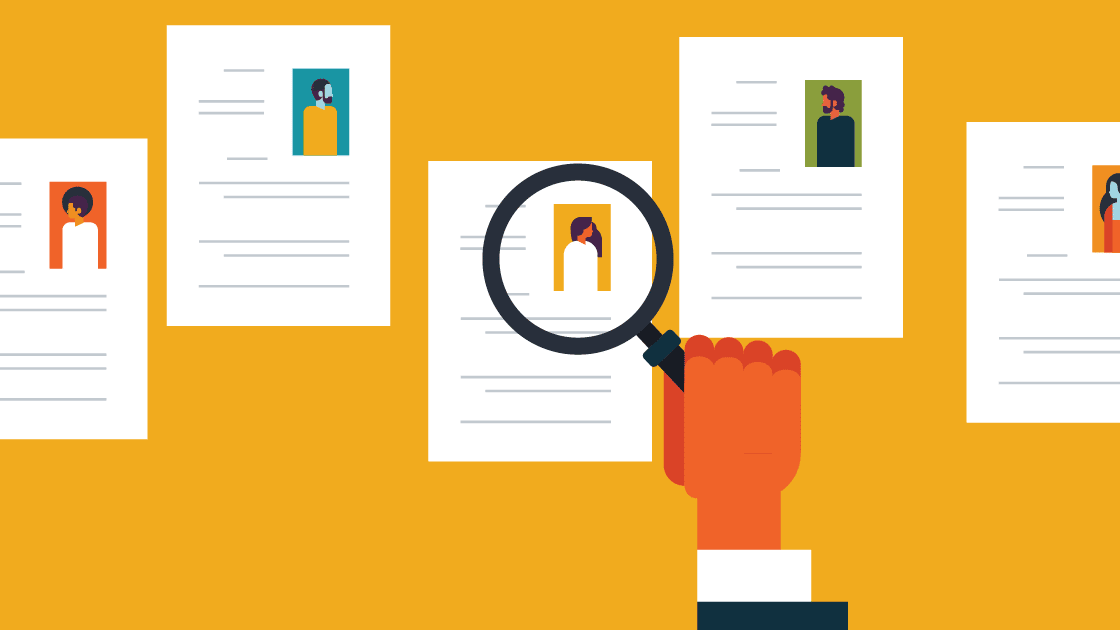Mastering interview skills is crucial for securing your desired job and advancing your career. Lotus People are dedicated to helping you succeed by providing comprehensive support and guidance throughout the job search process. This blog covers ten essential tips for successful interviews, from researching the company to following up after the interview.
By implementing these strategies, you'll enhance your confidence, showcase your abilities, and make a lasting impression on potential employers.
1. Research the Company:
A key pillar of any successful interview is thorough research.
Go into your interview with a strong understanding of who the company is, their achievements, and their mission. This knowledge will equip you to answer questions like “Why do you want to work for us?” and “Why do you think you’d be a good fit for this role?” confidently and convincingly.
Explore the company’s website to learn about their history, mission, values, products, and services. Check their LinkedIn page for updates and insights and review the profiles of your interviewers. Conduct a Google search to find recent news articles (for example, Australia Financial Review) featuring the company, and understand the industry they operate in. This research not only helps you answer questions more effectively but also enables you to ask insightful questions, demonstrating your genuine interest and proactive attitude.
2. Understand the Role:
For any role you are interviewing for, it’s crucial to demonstrate an in-depth understanding of the job requirements and convey why your experience and skillset qualify you to perform those duties effectively. Before the interview, carefully review the job description and match your experience with the key responsibilities and required skills. Be prepared to answer questions such as “Can you tell me about the key responsibilities of your previous role?” with the requirements of the role you are interviewing for in mind. This approach shows that you have thoughtfully considered how your background makes you a perfect fit for the position.
3. Prepare Your Elevator Pitch:
Craft a concise and compelling summary of who you are and what you bring to the table. Your elevator pitch should highlight your background, key skills, and what makes you unique, all within 30 to 60 seconds. Focus on your most relevant achievements and how they align with the job you’re applying for. Practice delivering it naturally and confidently, as it’s often used at the beginning of an interview to set the tone. A well-prepared elevator pitch not only introduces you effectively but also demonstrates your communication skills and self-awareness.
4. Dress for Success:
The way you present for an interview can significantly impact the first impression you make. Choose attire that aligns with the company culture—opt for formal business wear for corporate environments, while a smart-casual outfit might be perfect for tech companies. When in doubt, it’s always better to be slightly overdressed than underdressed.
Pay attention to grooming and personal presentation: ensure your clothes are clean and pressed, your hair is styled, and any accessories are tasteful and professional. Dressing well not only boosts your confidence but also shows respect for the interviewer and the opportunity. Remember, looking the part can set the tone for a successful interview.
5. Practice Common Interview Questions:
Research the most common interview questions for the role you are applying for or use Lotus People’s Interview Questions PDF as your guide. Prepare mock answers to these questions and practice delivering them confidently. Familiarise yourself with the STAR method (Situation, Task, Action, Result) for answering questions and develop responses to common behavioural questions.
Compile a list of example scenarios that highlight significant achievements, learning experiences, and key contributions from your previous roles. These real-life examples will help you provide strong, concrete answers during the interview. Ensure you are comfortable and confident with your responses to potential questions, setting yourself up for a successful interview.
6. Ask Insightful Questions:
Asking questions at the end of an interview not only demonstrates your interest in the role but also allows you to gather important information to determine if the position is the right fit for you. If you have multiple interviews scheduled, these questions can help you compare opportunities and decide which one aligns best with your preferences and career goals.
During your interview preparation, think about what is most important to you in a role. Is it flexibility, work-life balance, career progression, or a supportive team environment? Use these motivations to prepare the questions you’ll ask the interviewer. Also, consider the main requirements and skills for the role—can you ask questions that showcase your knowledge and abilities?
Some examples of good interview questions are:
- How would you describe the company’s internal culture and the types of people who tend to succeed here?
- My goal for my career is “”, how would this company support my professional development and growth to achieve this?
- What does success look like in this role, and how is it measured?
- Can you describe a typical day or week for someone in this position?
- How does the company uphold its values and principles in day-to-day operations?
- How does the team I would be working with collaborate and communicate?
- What are the current challenges the team or company is facing, and how can this role help address them?
- How do you see my skills and experience fitting into the team and contributing to the company’s goals?
7. Showcase Your Soft Skills:
Soft skills are just as integral as technical abilities and often the hardest to assess, making it essential to demonstrate them effectively during your interview. Skills like communication, teamwork, problem-solving, and adaptability are key indicators of how well you’ll perform and fit within the company culture.
To showcase these skills, share specific examples from your past experiences. For instance, describe a challenging project where your communication and teamwork led to a successful outcome, or explain how your problem-solving skills helped you navigate a complex situation. Highlighting these abilities not only shows that you possess them but also provides concrete evidence of how you’ve applied them in real-world scenarios. This approach helps interviewers see you as a well-rounded candidate capable of thriving in various environments.
8. Use the Power of Storytelling:
Storytelling can make your answers more engaging and memorable, helping you stand out in an interview. By structuring your responses as stories, you can effectively highlight your accomplishments and skills. Start with the context or situation, then describe the task or challenge you faced. Next, explain the specific actions you took to address the challenge, and finally, share the results or outcomes of your efforts.
This structure, known as the STAR method (Situation, Task, Action, Result), helps you present a clear and compelling narrative. When telling your stories, focus on showcasing your problem-solving abilities, teamwork, leadership, and other relevant skills. Engaging stories not only capture the interviewer’s attention but also provide concrete examples of your capabilities, making your responses more impactful.
9. Follow-Up After the Interview:
To stand out from the crowd and stay front of mind for the interviewer, take the proactive step of following up after your interview with a thank-you email.
This simple gesture reaffirms your interest in the role and demonstrates your professionalism. In your thank-you email, express your gratitude for the opportunity, such as by saying, “I appreciate the opportunity to be considered for this role.” Consider mentioning something specific from your interview that resonated with you, which shows you were fully engaged.
Conclude with a positive note, like, “I look forward to receiving feedback and discussing the next steps in the process.” Not every candidate will follow up, so this thoughtful action can set you apart and reinforce your enthusiasm for the position. Following up not only leaves a lasting impression but also keeps the lines of communication open.
10. Reflect and Improve:
You won’t be successful in every interview, and that’s okay. Each interview is an opportunity to enhance your confidence and skills. Use each experience as a learning curve by reflecting on your performance. If you were unsuccessful, don’t hesitate to ask the interviewer or hiring manager for specific feedback and areas for improvement.
If it’s a role you’re passionate about, proactively seek advice on the skills or experiences you can gain to be considered for similar opportunities in the future. After each interview, take note of the responses you were particularly proud of and those that you found challenging. Write these down while they’re still fresh in your mind. This practice helps you prepare better for your next interview by focusing on what you can improve.
Remember, continuous improvement is a crucial part of professional growth. By reflecting on each interview and seeking feedback, you ensure that you’re constantly learning and evolving, making each subsequent interview an opportunity for success.
Following these ten tips and you’ll be well-prepared to tackle any interview with confidence and poise. For further assistance and resources, don't hesitate to reach out to Lotus People—we're here to support you every step of the way. Good luck with your interviews!
You may also like...





